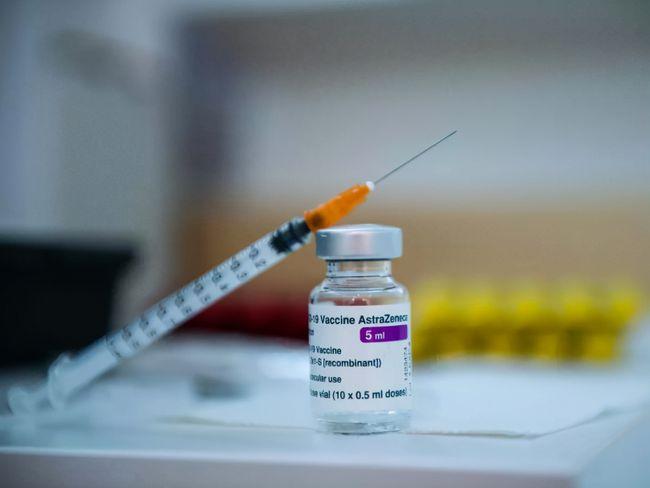The European Union switched to Pfizer’s mRNA vaccine after safety concerns such as delayed delivery of the AstraZeneca vaccine or thrombosis
April 14th, european Commission President Jean-Claude von der Leyen tweeted that the EU had given its citizens a total of 100 million doses of Coronavirus vaccine. At the same time, the EU is looking to other options after a safety storm such as delayed delivery of the AstraZeneca vaccine and the potential for blood clots.
According to Sky News on April 14, von der Leyen announced the same day that Pfizer and BioNTech will deliver 50 million doses of Coronavirus vaccine to the European Union in the second quarter of this year (April-June), so that the European Union in the second quarter is expected to receive Pfizer vaccine supply will increase to 250 million doses
Von der Leyen also said the EU is in talks with Pfizer and BioNTech to provide the EU with an additional 1.8 billion doses of Coronavirus vaccine between 2022 and 2023 to combat the Variant Coronavirus.
The EU’s intention to sign such a big deal with Pfizer, says Ms von der Leyen, is because she has “full confidence” in the technology used in the vaccine and “we need to focus on those technologies that have proven their worth.” Von der Leyen said.
Both Oxford-AstraZeneca and Johnson and Johnson vaccines using adenovirus vector technology have recently seen rare cases of severe blood clots in subjects after vaccination. Pfizer vaccines using mRNA technology are favored because there are no safety issues.
Reported that the European Union had high hopes for the AstraZeneca vaccine, but AstraZeneca delivery was far less than expected, the vaccine after the problem of blood clots also delayed the EU vaccination process. Against this backdrop, the EU is turning to Pfizer vaccines.
La Stampa quoted a health ministry source as saying on April 14th that the European Commission had agreed with many EU leaders to “decide that the vaccine contract with AstraZeneca and Johnson and Johnson will only be valid for the current year” and expires.
Currently, the European Drug Regulatory Agency (EMA) has approved four Coronavirus vaccines and entered into purchase contracts with related companies, including The Refide vaccine (600 million doses), the Modna vaccine (460 million doses), the AstraZeneca vaccine (400 million doses) and the Johnson and Johnson vaccine (400 million doses).
Among them are those vaccinated against AstraZeneca and Johnson and Johnson, and the European Medicines Agency said last week that there could be a link between the AstraZeneca vaccine and the thrombosis.
However, it is not clear whether adenovirus vector technology caused the thrombosis problem. On April 14th Denmark announced the complete retirement of the AstraZeneca vaccine, becoming the first country in the world to make the decision.



